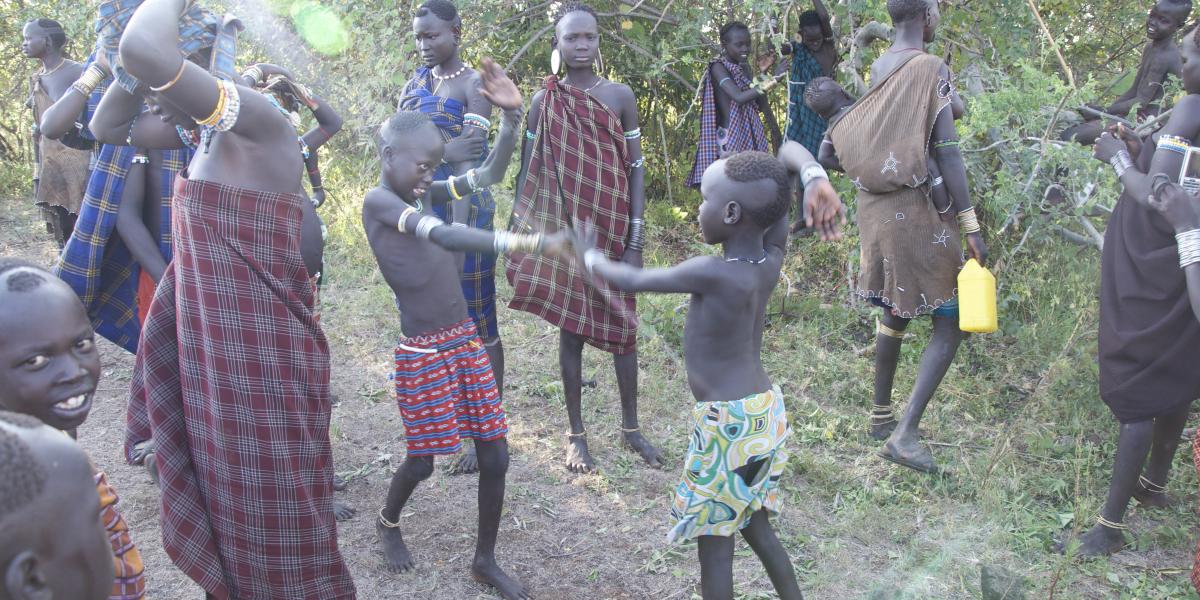Health and Well-Being
The connection to land, water and territory has long been recognised as a key determinant of health for Indigenous peoples globally. This project brings together agro-pastoralist Mun in South Omo, including Elders and youth, to explore and understand the connection between having a close relationship with land, water and territory and having optimal health and wellness.
Self-defined understandings of well-being are important for developing new health indicators in South Omo, Ethiopia. Mun perspectives of health and wellness in connection to land and water are reflected using land- and place-based activities and meetings (mezze) with elders, youth, Indigenous healers and local health authorities. The data collected from Munland, which is comprised of xx communities and six sub-regions - Makki, list here - places which are unique to their cultural heritage and traditions, is used to answer three main research questions:
1. What does the Indigenous knowledge of the agro-pastoralist Mun tell us about connection to land, plants, animals and water as a determinant of health and well-being?
2. What methods have agro-pastoralists used - and continue to use - to measure, monitor and remember place-based knowledge linked to land, trees, animals, water and wellness?
3. How do we collect, privilege, present and/or feature the knowledge and perspectives of agro-pastoralists and community members to inform population health at the zonal levels?

